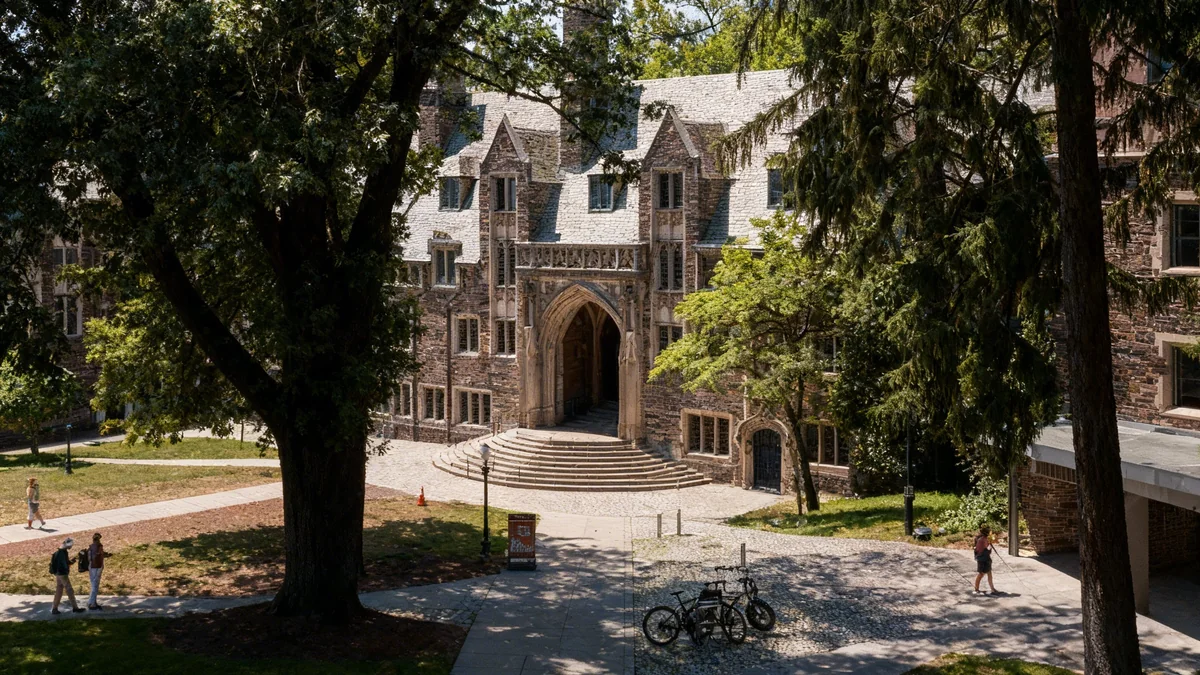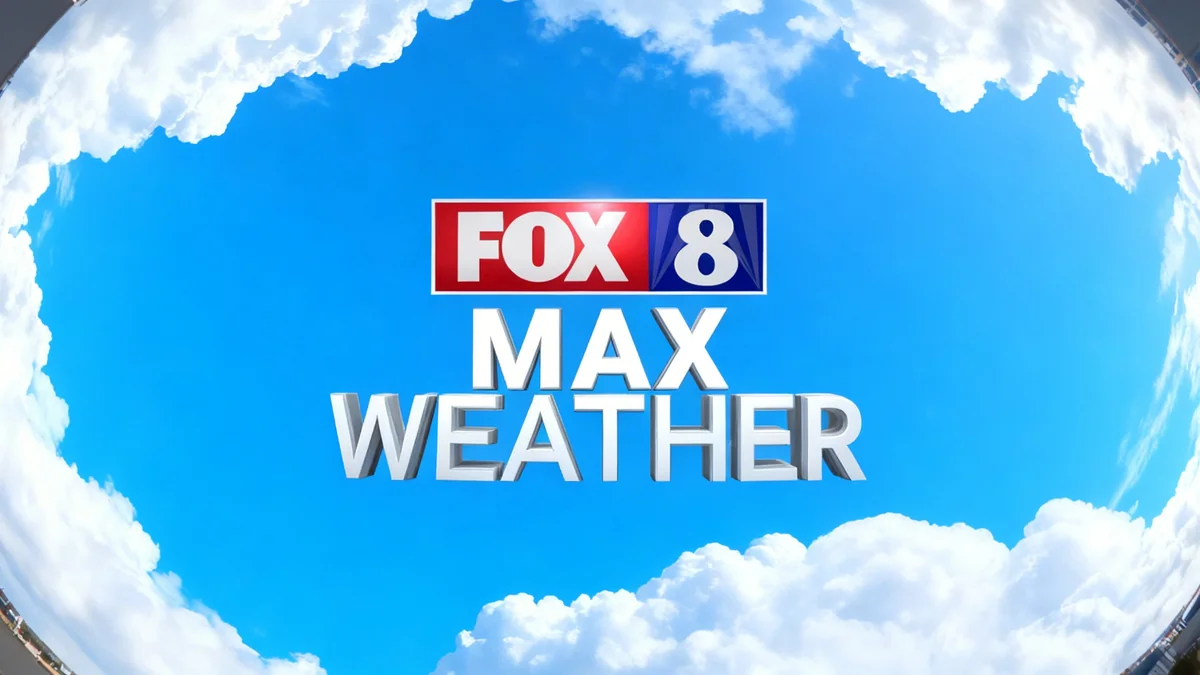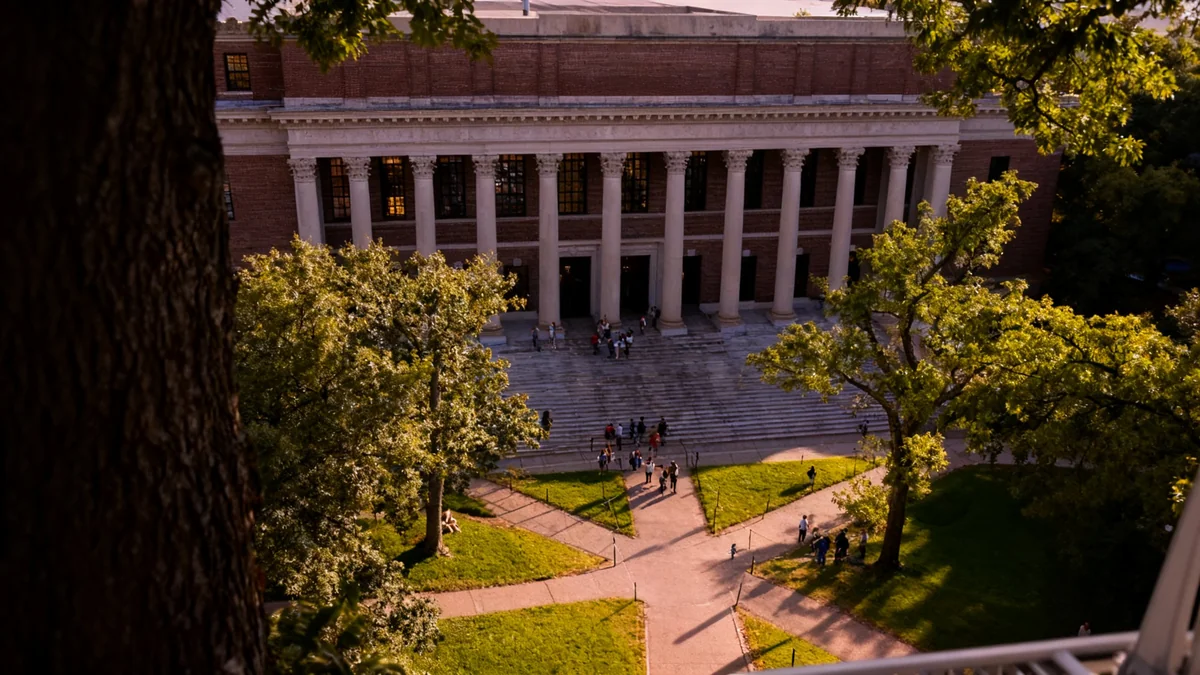Harvard University may face substantial new costs for sponsoring international workers through the H-1B visa program. A recent executive order by President Donald Trump introduced a $100,000 fee for each new H-1B visa petition. This change could significantly affect the university's financial planning and staffing for academic and research roles.
Key Takeaways
- New executive order imposes a $100,000 fee for each new H-1B visa.
- Harvard University sponsored an average of 125 new H-1B visas annually from 2017-2024.
- The new fee could create a significant financial burden for the university.
- The order applies only to new H-1B visa requests, not existing holders.
- Legal challenges against the executive order are expected.
Executive Order Imposes Significant New Costs
President Donald Trump signed an executive proclamation on Friday, introducing a major change to the H-1B visa program. The order mandates a $100,000 fee for every new worker sponsored through this program. This fee is a one-time charge for new applicants, as clarified by the Department of Homeland Security (DHS) on Saturday.
The H-1B visa program allows foreign workers in specialty occupations to temporarily reside and work in the United States. These visas are crucial for many sectors, including technology and academia. Universities, in particular, rely on them to bring in faculty, postdoctoral fellows, and researchers.
H-1B Visa Facts
- Purpose: Allows foreign workers in specialty occupations to work temporarily in the U.S.
- Duration: Limited to six years, typically requiring an extension after an initial three-year period.
- Employers: Used by companies and universities across various sectors.
- Affected Roles: Faculty members, postdoctoral fellows, and researchers at universities.
Potential Financial Impact on Harvard
Harvard University has historically sponsored a considerable number of H-1B visas. Data from the U.S. Citizenship and Immigration Services indicates that between 2017 and 2024, Harvard sponsored an average of 125 new H-1B visa petitions that were approved each year. If the university continues to sponsor a similar number of new applicants, the financial burden could be substantial.
A university spokesperson did not comment on whether Harvard plans to adjust its H-1B visa sponsorship numbers due to the new $100,000 fee. The increased cost could force institutions like Harvard to re-evaluate their international hiring strategies and budget allocations.
"While we await further details about implementation, please be aware that by its terms, the proclamation applies to H-1B holders currently outside the U.S. who seek entry after the effective date," stated an email from Harvard's International Office (HIO).
Scope and Legal Challenges
The executive order's scope initially caused uncertainty among universities nationwide. Institutions like Yale and Dartmouth advised affiliated H-1B visa holders to avoid international travel before the DHS issued clarifications. The DHS guidance confirmed that current H-1B visa holders can enter and exit the U.S. under their existing privileges. The $100,000 fee applies only to new applicants.
Despite the clarifications, the proclamation is expected to face significant legal challenges. Immigration experts have questioned the legality of the new fee. Aaron Reichlin-Melnick, a senior fellow at the American Immigration Council, labeled the move as "absurdly unlawful."
Legal Precedent
President Trump justified the order under a provision of the Immigration and Nationality Act. This provision grants the president authority to suspend the entry of noncitizens deemed "detrimental to the interests of the United States." The Supreme Court affirmed the president’s discretion in the 2018 case Trump v. Hawaii, which upheld a travel ban from several Muslim-majority countries.
Arguments for the Executive Order
In the proclamation, President Trump stated that "systemic abuse" of the H-1B visa program threatens "both our economic and national security." He highlighted the growing number of workers using H-1B visas in the technology sector. Trump argued that the program makes it "even more challenging for college graduates trying to find IT jobs."
This perspective suggests the order aims to prioritize American workers in key industries. However, critics argue that the H-1B program fills critical labor shortages and brings essential skills to the U.S. economy.
Universities and H-1B Visas
Universities rely on H-1B visas for various academic roles. Harvard's International Office (HIO) website states that the university sponsors H-1B visa applications for temporary academic appointments. These include postdoctoral or research fellows. However, it does not sponsor H-1B visas for staff positions.
The H-1B program is widely used across the country. According to immigration advocacy group fwd.us, approximately 730,000 employees nationwide are hired through H-1B visas. This illustrates the program's broad impact on the U.S. workforce and economy.
Ongoing Uncertainty and Future Outlook
On Sunday, the HIO updated visa holders with guidance from the DHS memorandum. The office stated that Harvard was "working to understand the full impact of this proclamation." While officials have avoided making sweeping recommendations, the fluid situation means universities must stay informed about further guidance and potential rulemaking in the coming weeks.
The legal challenges could determine the long-term viability of this new fee. For now, institutions like Harvard must navigate the immediate financial implications and operational adjustments. The outcome will shape how universities recruit international talent and manage their budgets for years to come.





